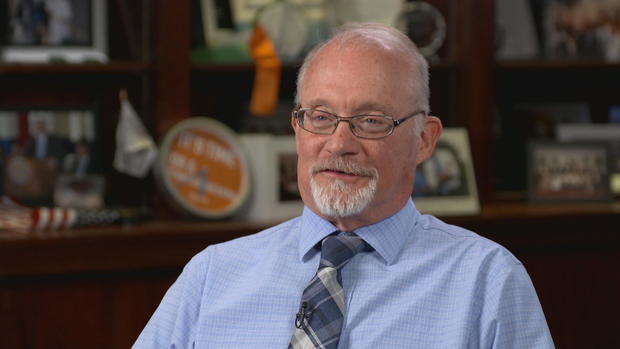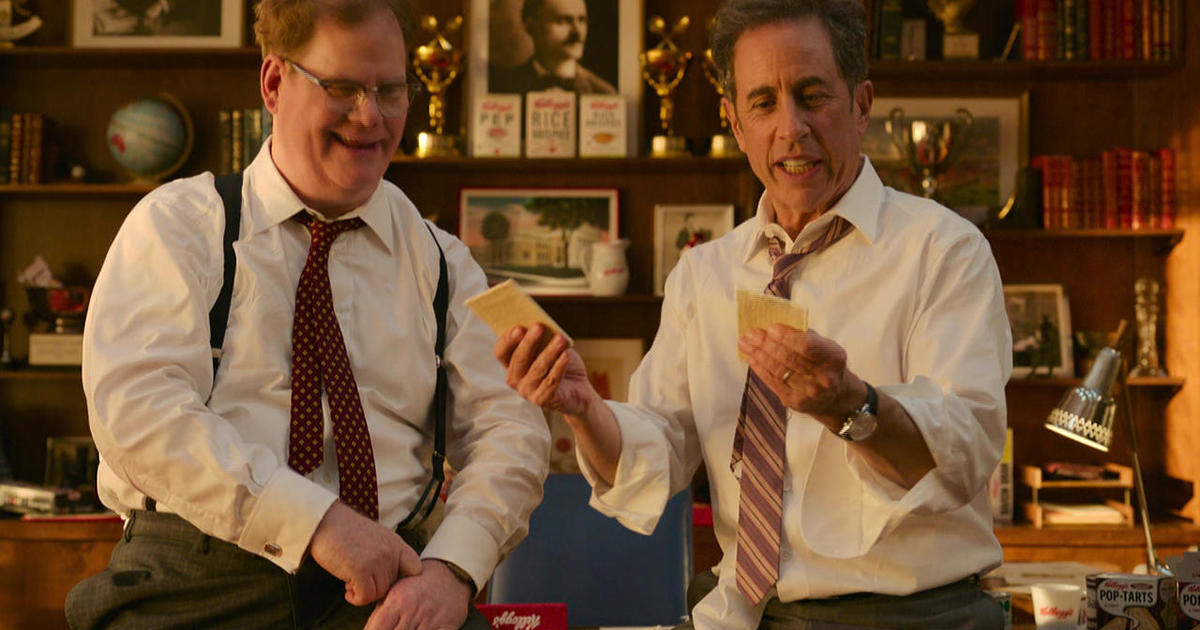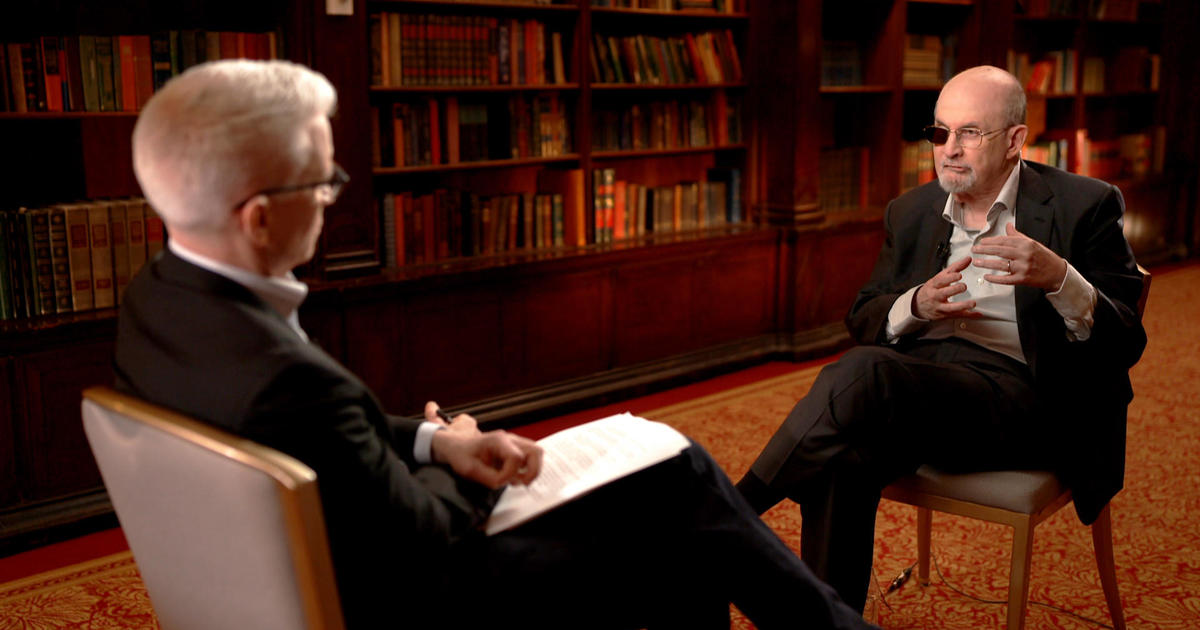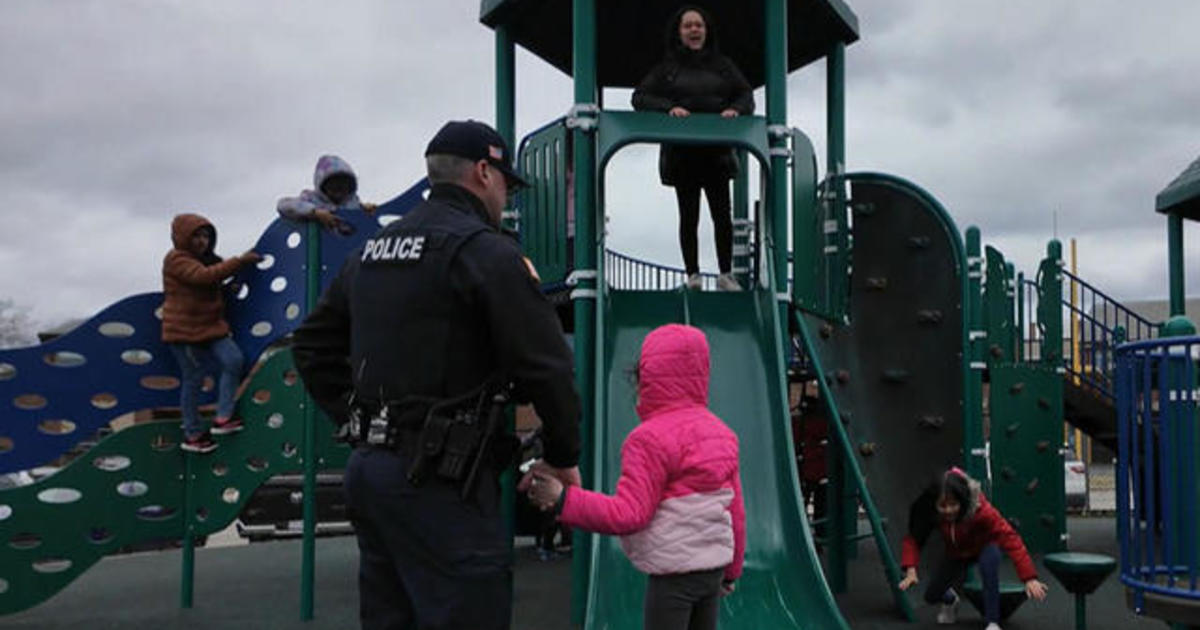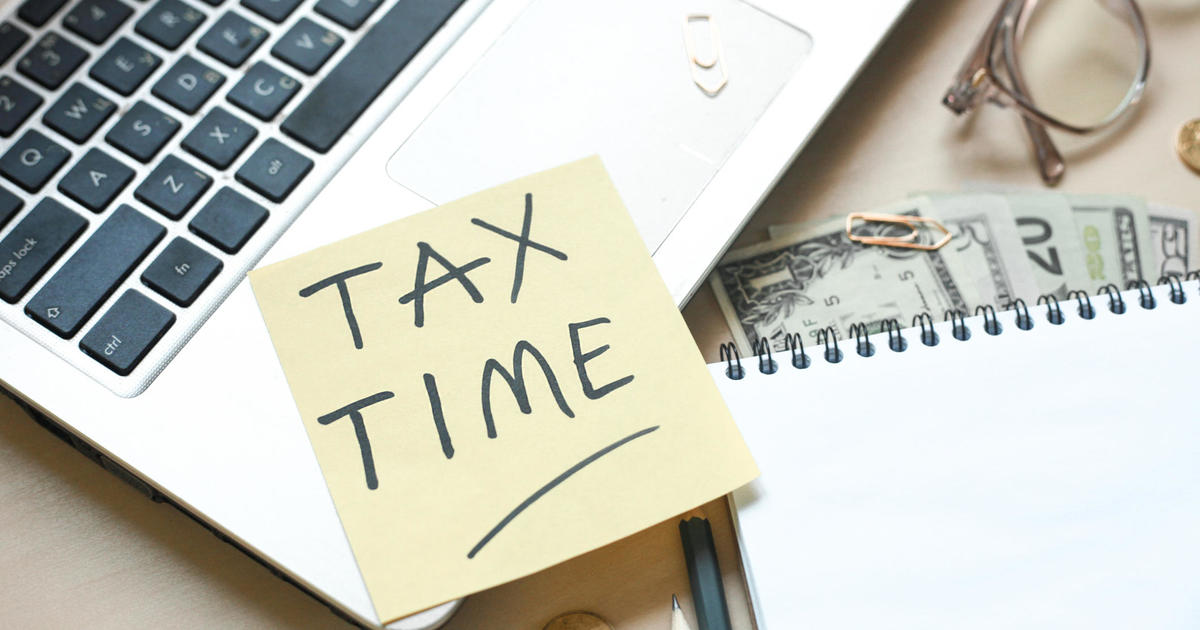Meet the Philadelphia councilman stopping America from going cashless
The percentage of cash payments in the U.S. has been dropping, prompting some businesses to go entirely cashless. But not everyone is buying in. Many Americans are still reliant on cash and they have the support of an unlikely champion.
There's a good chance you know a guy like William Greenlee – chatty, salt-of-the-earth type guy who slides up to a register and still pays cash. So when Greenlee found a coffee shop right downstairs from his Philadelphia office that wouldn't take cash, well, that rubbed him the wrong way.
"Everybody comes into Center City, for business, employment, entertainment, whatever, and not everyone can go in there and buy a basic product," he said, referring to Philly's downtown.
The thing is: Greenlee is a Philadelphia city councilman. So he proposed and passed legislation making Philadelphia the first city in the country to force retailers to take cash.
"Unfortunately, Philadelphia has been called the poorest big city in America, which means there are people who do not have credit and are un-banked," Greenlee said. "Telling people who do not have the ability to have credit that you can't buy a basic product is not treating people fairly. It's making ... an 'us and them' kind of characterization."
In an era of vast income inequality and skepticism over fast-moving tech, Greenlee had stumbled upon a strangely galvanizing issue. San Francisco and New Jersey followed with similar bills and legislators from New York City and Washington D.C. have called him for advice
"Once I put the idea out there of having a bill, it really then kind of exploded," Greenlee said. "I think it hit a nerve with people, to be perfectly honest with you, that you're telling me that I can't use the currency of the United States of America."
Just last year, cashless seemed cool. The owners of Dos Toros Taqueria told CBS News they rarely had to turn away customers wanting to use cash. Two Forks, another fast-casual lunch spot, touted the increased efficiency of going cashless.
But what a difference a year, legislation and some bad press have made. We reached out to every cashless business we could find. None of them would speak to us on the record. But in the past they've said cash is a headache to manage, and that it makes stores more vulnerable to theft and slows down the line.
Economics professor Ken Rogoff was willing to talk about the problems with cash. He's the author of "The Curse Of Cash" and argues, among other things, that hard money fuels crime.
"Human trafficking, drug smuggling, big-time tax evasion," Rogoff said.
It would be better, he thinks, if we were more like Sweden, where cash has nearly been phased out. And that'll be us, Rogoff said, in another five or 10 years.
"There's no question that cash, you know, is in its last era," Rogoff said. "Electronic payments are being favored by consumers. Forget the businesses. We're on the Harvard campus, here. If you talk to my undergraduates, you know, they'll say, 'Well, you know, what do we need cash for, unless we're buying marijuana?'"
If and when cash fades away, Rogoff has an idea for helping the 20 million Americans who live in unbanked households — meaning they don't have any bank or credit accounts.
"It would not be that expensive to provide free, basic debit cards to people and a number of other countries have done this," he said. "India has done it. I mean, if India can afford to do it, we can afford to do it."
But the march to that digital future has taken a notable detour in Philadelphia. As the city considered it's cashless ban, Amazon warned officials that the bill would discourage them from opening cashless Amazon Go stores in Philly. In the end, it was Amazon who caved, a move that might have something to do with Greenlee.
"Well, maybe. Not just me," he said. "But I think the fact that this anti-cashless thing is spreading around, I think it did have something to do with it and you know, look, I wasn't the only one but I don't apologize for doing this. I think it's the right thing to do."
